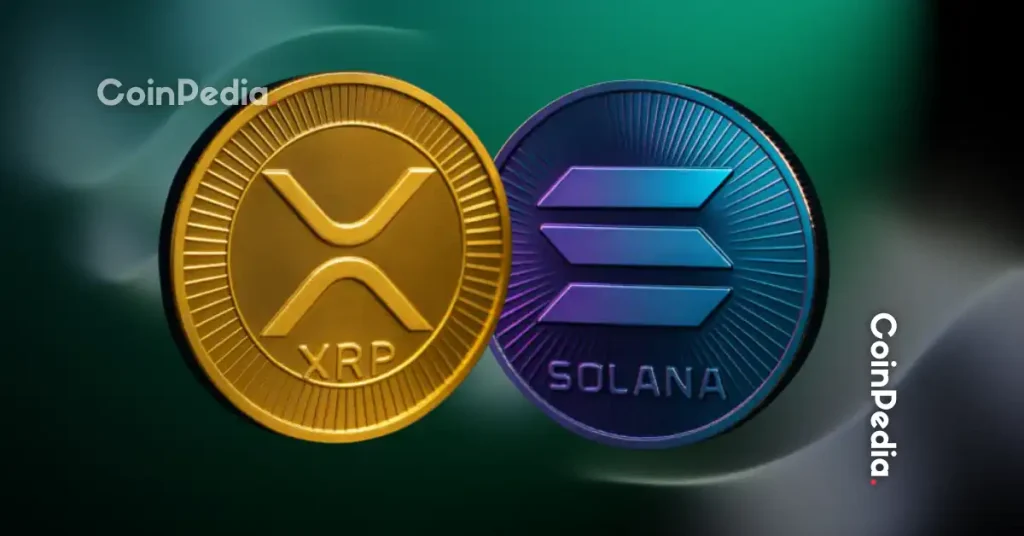
Communist Party Personnel
The Communist Party of China has appointed Ban Gongsheng, vice governor of the People’s Bank of China (PBOC), as secretary of the party committee.
A local media outlet, the South China Morning Post (SCMP), said that Communist Party posts usually take precedence over government posts, so Mr. Ban is likely to become the next governor of the People’s Bank of China. The Wall Street Journal also shared a similar view.
President Yi Gang, who has been in office since 2018, decided to remain in office at the National People’s Congress (equivalent to the National Assembly) in March, and will remain in office for the time being. reported to be planned.
In this personnel appointment, the People’s Bank of China party committee secretary Guo Shuqing and deputy secretary (also chaired by Yi Gang) will retire, so the appointment of Mr. Pan will be necessary to maintain the continuity of China’s monetary policy. It is believed to be helpful. Also, until now, the central bank governor and party committee secretary had been separated at the top, but if Ban is appointed as the governor, the top will be single and the power of command will be strengthened.
After working for a major state-owned bank, Ban was appointed as vice governor of the People’s Bank of China in 2012. Since 2016, he has also served as Director General of the State Administration of Foreign Exchange (SAFE), which manages and manages foreign exchange. Mr. Pan, now 59, has a wealth of experience in the Chinese financial sector and a background in research at Cambridge University in the UK and Harvard University in the US.
Eswar Prasad, former director general of China at the International Monetary Fund (IMF) and current professor of economics at Cornell University, said, “Pan is committed to supporting economic growth, promoting market-oriented reforms in the financial sector, and managing risk in the banking system. He has the technical ability to steer the People’s Bank of China in difficult times.”
Criticism of Bitcoin
Mr. Ban, who has been called the next president, is also known for expressing a critical view of Bitcoin.
In 2017, he was quoted by local media as saying, “If you sit by the river and watch, one day you will see the corpse of Bitcoin floating in front of you.” He also defended China’s regulatory measures against crypto-assets (virtual currencies), saying that he was “a little scared” of what would happen if there were no restrictions on crypto-assets.
He warns that fintech will bring efficiencies in 2019, but its risks must be carefully regulated. He is the head of the Internet financial risk improvement group, and is responsible for cracking down on the use of cryptocurrencies and regulating domestic fintech companies.
Draw a line with Hong Kong
The Hong Kong government made a big move last year to support the cryptocurrency industry. New virtual currency exchange regulations will be enforced from June 1 this year. On June 30th, they announced the establishment of the Web3 Development Promotion Task Force.
connection:Hong Kong to establish “Web3 development promotion task force” with participation of high-ranking government officials
Meanwhile, in terms of developments in mainland China, China’s state-run Central Television (CCTV) reported news about Hong Kong’s cryptocurrency regulations in May, with Binance CEO Changpeng Zhao (CZ) commenting that it was something to watch out for. bottom.
It was also reported that Chinese state-owned company Greenland plans to apply for a license to operate a cryptocurrency trading business in Hong Kong.
connection:Chinese State TV Covers Hong Kong Crypto News, Says Binance CZ
Additionally, last month, Bank of China’s investment arm became the first Chinese financial institution to issue a RMB 200 million ($40 million) digital structured bond as a tokenized security in Hong Kong.
connection:Bank of China Investment Unit Issues $40 Million Tokenized Securities in Hong Kong
From such a series of moves, there were some expectations in the virtual currency industry that it would lead to China revising its virtual currency regulations.
But David Ku, a Bloomberg China economist, said mainland China usually sees Hong Kong as an overseas market, so what happens in Hong Kong doesn’t matter. He also added that he “as far as I know, the governor of the People’s Bank of China will not support Bitcoin.”
The post China’s central bank plans to appoint Bitcoin skeptic Vice Governor Ban appeared first on Our Bitcoin News.

 2 years ago
91
2 years ago
91














 English (US) ·
English (US) ·